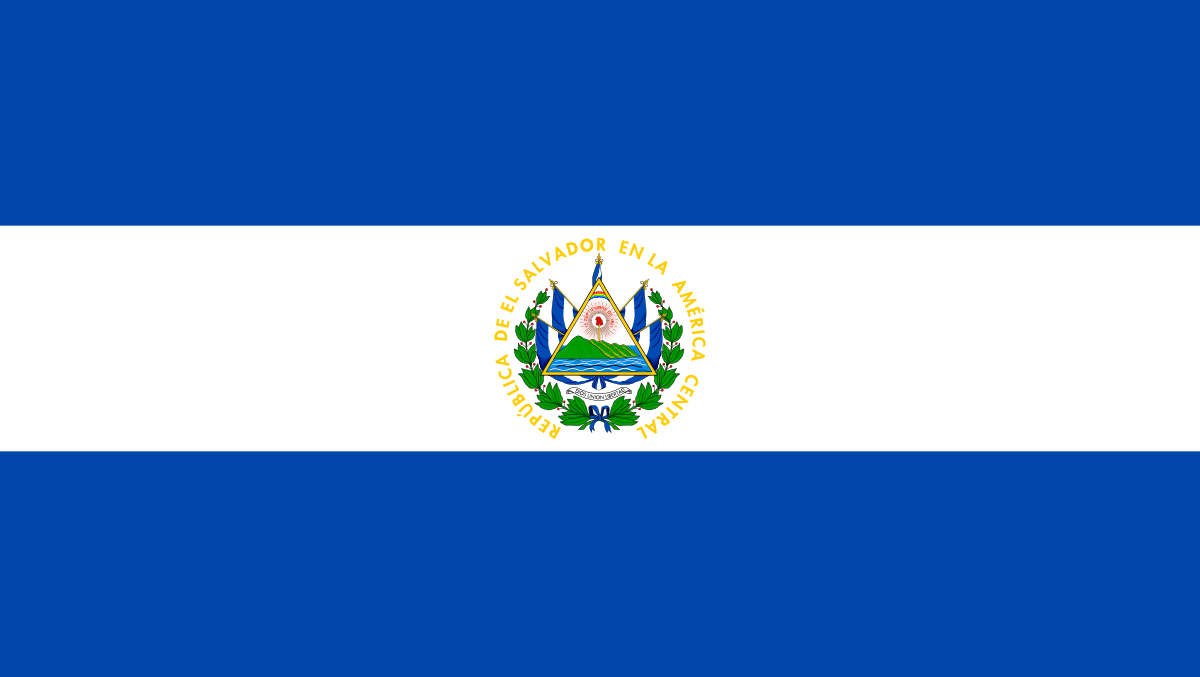The Parliament of El Salvador has approved the law-making Bitcoin legal tender in the country.
This was announced by the President and head of government, Nayib Bukele, on his official Twitter profile, pointing out that the approval was by a large majority, with almost 74% of the votes.
The #BitcoinLaw has been approved by a supermajority in the Salvadoran Congress.
62 out of 84 votes!
History! #Btc🇸🇻
— Nayib Bukele (@nayibbukele) June 9, 2021
Bukele is the head of the governing party that has a large majority in Parliament, so it was more than expected that his proposal would be approved.
The President also tweeted the entire text of the approved law, from which it is clear that bitcoin in the country will also be forcible tender, since it is made explicit in this text that all “economic agents” are obliged to accept BTC as a means of payment.
He enviado el anteproyecto de la #LeyBitcoin a la @AsambleaSV. pic.twitter.com/9vFztvvryG
— Nayib Bukele (@nayibbukele) June 9, 2021
For example, one of the curious consequences of this law is that even Tesla will be forced to accept payments in bitcoin, even against its will, in case it makes a sale in the territory of the Central American state.
El Salvador does not have its own national currency, because its Salvadoran Colón (SVC) is now out of circulation. For now, they are using the US dollar, but with this new law, USD will in fact be joined by BTC, as it is mandatory that anyone in the country requesting payment will be forced to accept both currencies.
El Salvador is a small country, with only 6.5 million inhabitants and with a very small economy, as it ranks 101st in the world in terms of GDP, but if similar decisions are adopted in other countries then the consequences could become significant.
The fact is that several parliamentarians from other states, particularly in Latin America, have expressed their desire to discuss the possibility of adopting bitcoin as legal tender in their countries, starting with Paraguay, but also passing through large countries such as Brazil, Mexico and Argentina.
In fact, many Latin American countries have problems with their national currencies, from Venezuela, whose Bolivar is now worthless, to Argentina, whose peso has depreciated by 30% against the dollar in the last 12 months, or Brazil itself, where inflation has risen from 2% to over 6% in the last year.




